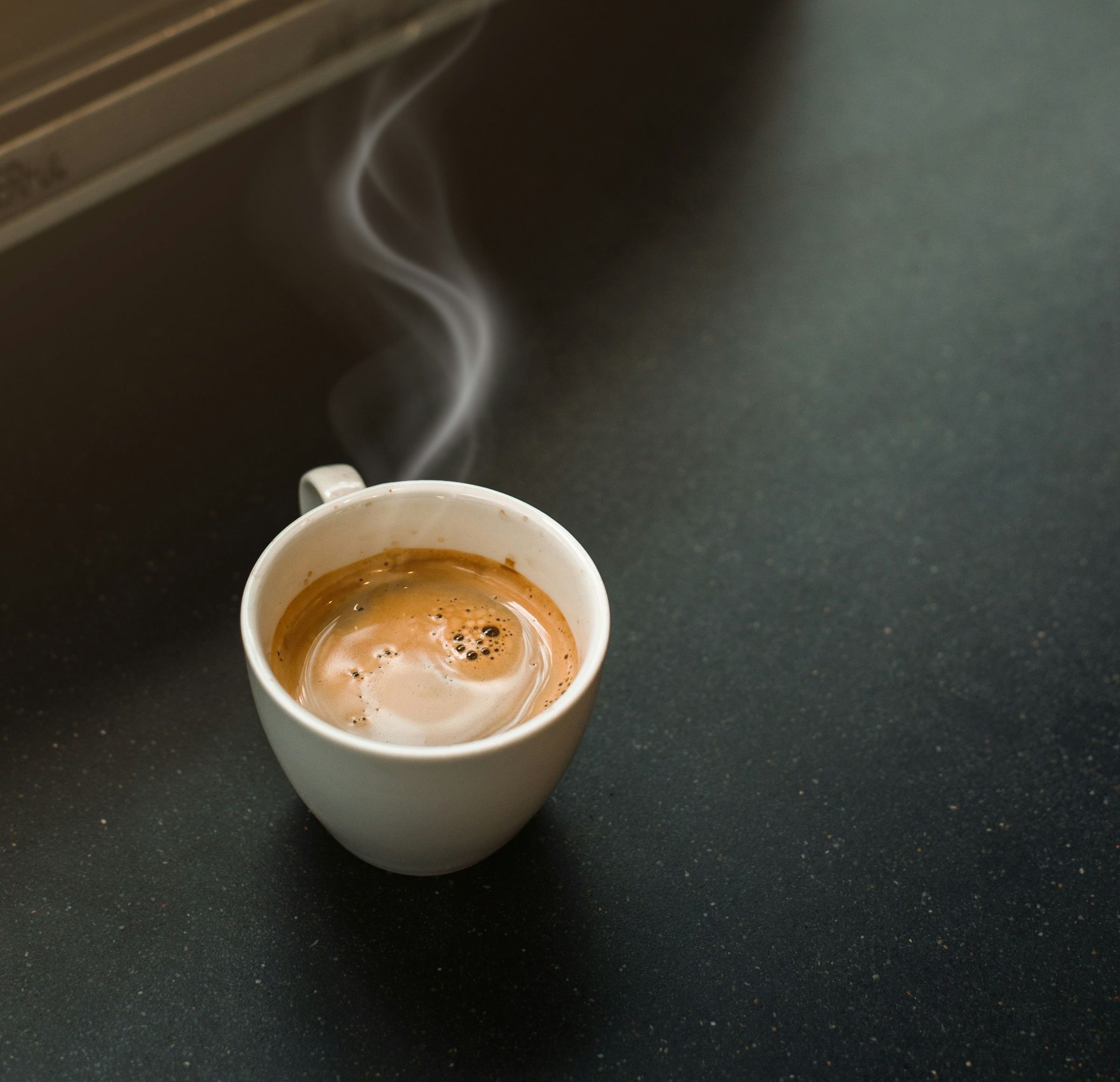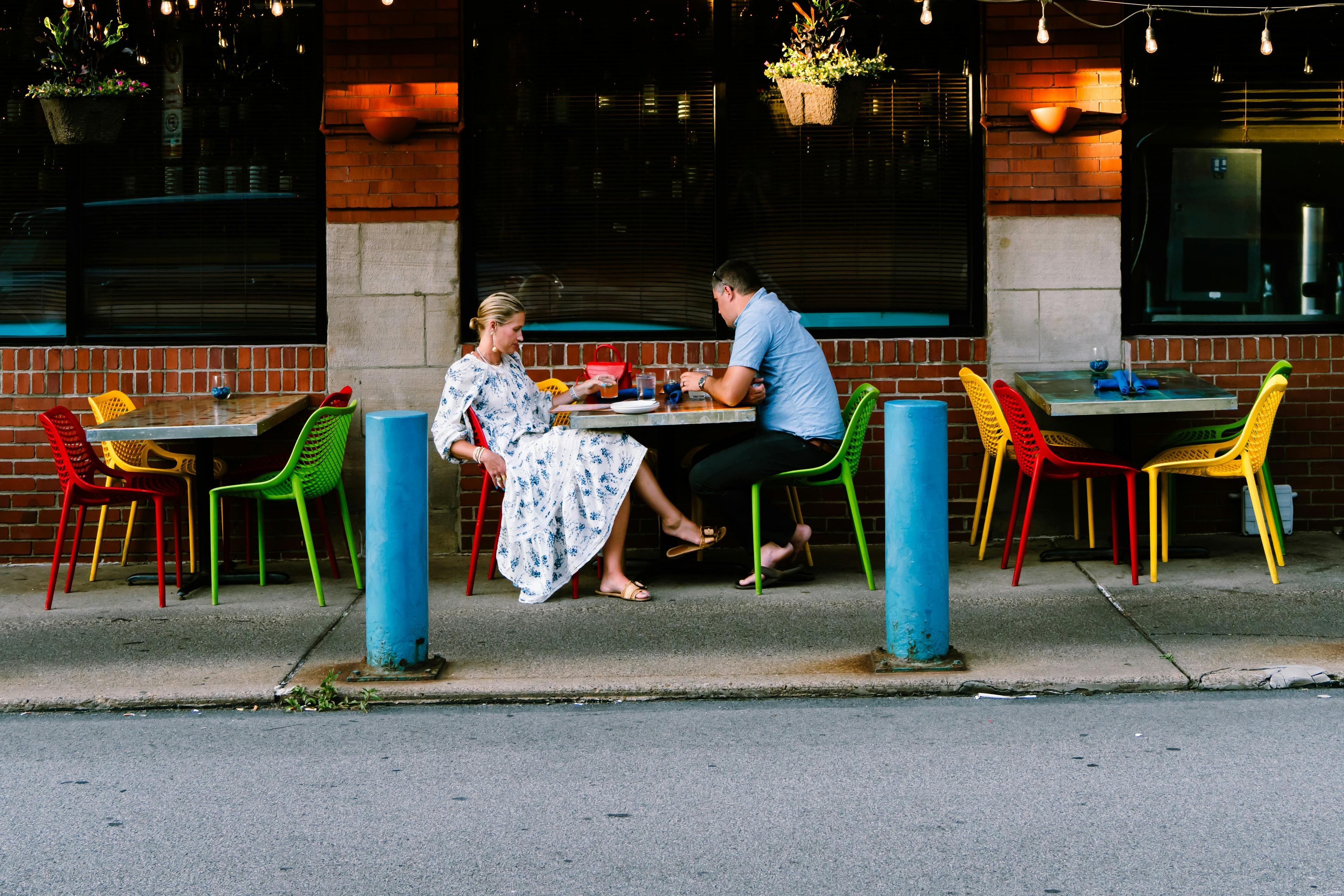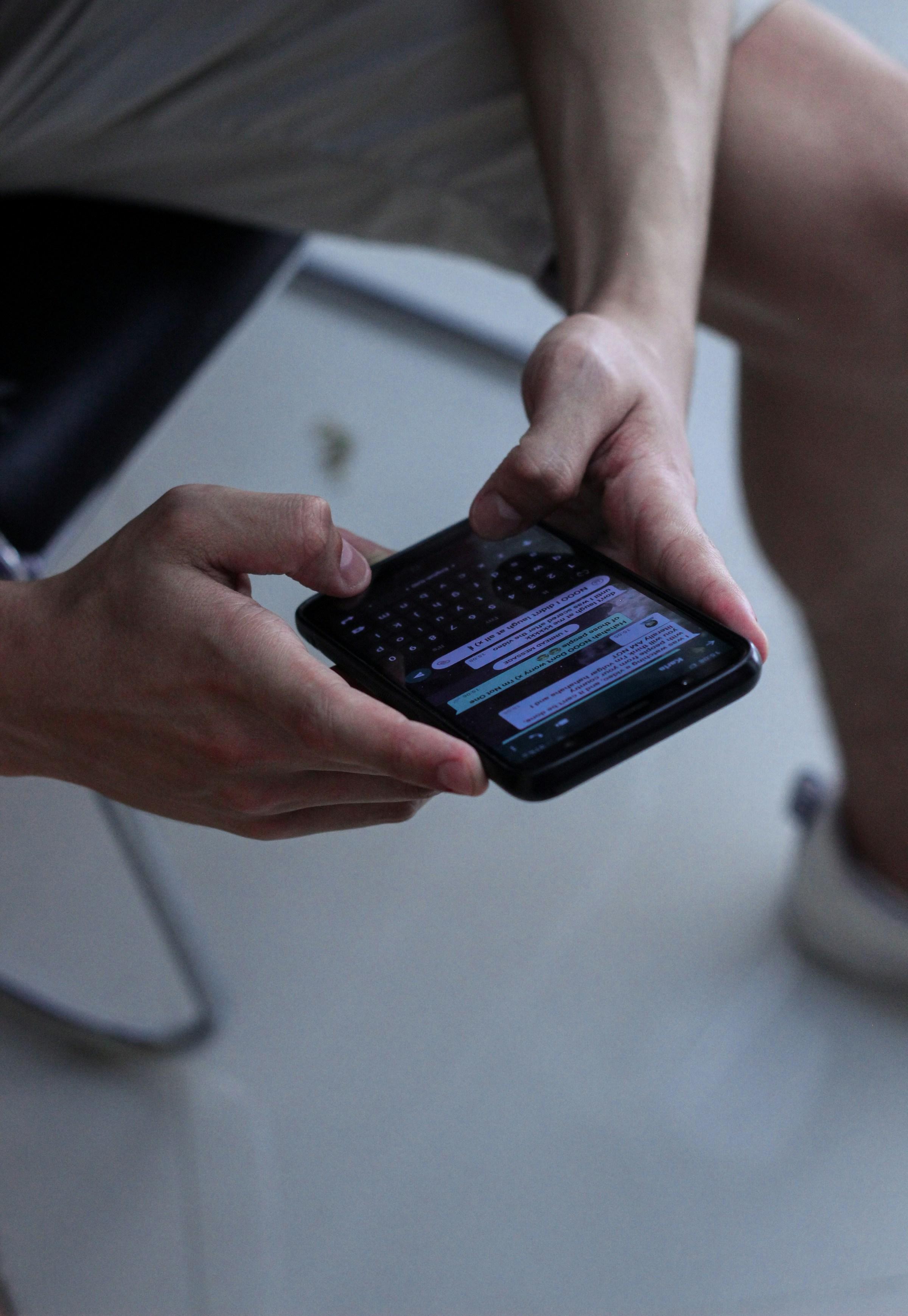Morning used to sound like the hiss of a kettle or the drip of a coffee machine. Many of us grew up believing that competence begins with caffeine, that clarity lives at the bottom of a mug. Lately, the ritual is changing. More people are choosing to wait before that first sip, not because coffee is the enemy, but because the body already has its own plan for waking up, and the plan works best when we do not drown it out.
When you open your eyes, your internal clock releases hormones that lift you from sleep toward alertness. Cortisol rises on purpose in the first hour after waking. That rise is not a stress emergency, it is a built-in part of the circadian rhythm. Caffeine can stack on top of that natural surge and make the morning feel like a hard start. You are awake, but you are also jumpy. The heart races a little, the mind scatters, and your focus belongs to the loudest thing on your phone. By waiting, you let the natural wake signal do its job. Then, when the first cup arrives, the boost feels cleaner and the arc of energy lasts longer.
There is another layer to this timing question, and it lives in the chemistry of sleep pressure. As you move through the day, adenosine builds in the brain and makes you sleepy at night. Caffeine works by blocking the sense of that pressure, which is why late afternoon shots can boomerang into midnight scrolling. If you reach for coffee the moment you wake, you may be chasing away the last traces of sleep inertia rather than true adenosine load. The alertness you feel is real, but it can be brittle. A short delay allows the fog to lift without immediately teaching your brain that the only way to feel human is to drink something stimulating.
Hydration is part of the story as well. Many of us are mildly dehydrated on waking. Water, even a single glass, can improve how the morning feels. Coffee contributes fluid, but it also brings acid and bitterness that can irritate an empty stomach. Pausing for water, or for a light bite, can soften the edge of the first cup. That small adjustment often shows up hours later when the stomach feels steady and the afternoon does not crash as hard.
Anxiety and sleep debt sit in the background of all modern mornings. Work follows us home through screens and chat apps. Bedtime slides, not because we are weak, but because the day refuses to end. The first coffee then becomes a shield rather than a celebration. It disguises a lack of rest, and it teaches the body to expect help before it has tried to wake on its own. Waiting is not a cure for late nights, but it breaks the habit of sprinting past fatigue. It lets you notice the truth about how you slept and encourages change at the level that matters most, which is the hour you choose to close your eyes.
Culture has always shaped the meaning of the first drink of the day. In some places, tea is a quiet ceremony that slows the clock. In other places, espresso is a swift nod to the tasks ahead. Today the mood is shifting toward a kinder start. Morning routines that begin with light, movement, and water do not make headlines because they are ordinary, yet that is the point. The practices that endure tend to be boring. Step outside for a few minutes of sunlight. Make the bed. Stretch. Give your attention to something that does not want anything back. When the cup finally enters that scene, it tastes less like survival and more like a decision.
The body does not only react to caffeine, it adapts to the way you use it. If coffee appears the moment you wake, tolerance grows and the effect dulls. Over time you need more to feel the same kick, and the second or third cup begins to creep earlier into the day. By delaying, you support a gentler curve. The first dose lands when your own alertness has started to rise, so you require less for the same sense of focus. The afternoon becomes calmer, and sleep has a better chance of arriving on time.
This timing helps people with sensitive stomachs or a tendency toward reflux. Coffee on an empty stomach can irritate the gut. Food does not have to be elaborate. A banana or a slice of toast is often enough. Some notice fewer jitters when they pair their first cup with protein and fat, which slows absorption and steadies the lift. Others keep the cup the same and change what sits around it, replacing the doom scroll with a brisk walk or a few pages of a book. The change is not dramatic. It does not demand a new identity. It is simply a different order of events that respects how the body wakes.
Work habits push against this gentler approach. The modern office lives in our pockets and expects us to be available at all times. Coffee is not only a drink in that world, it is a badge that says we are online. Delaying the badge is a small way to redraw the boundary between you and your feed. It says the day does not own your nervous system before breakfast. It says you get to choose when the hard edges of alertness arrive.
None of this requires becoming strict or self righteous. It is easy to turn any routine into a moral contest. Some people will treat waiting for coffee as a sign of discipline. Others will defend immediate caffeine as a necessary pleasure. Both positions miss the quieter purpose. The goal is to notice what helps you show up as yourself. If drinking first thing truly makes your morning brighter without cost, keep it. If you suspect it is making your heart race or your mood swing, experiment with a pause. Gather a week of evidence, not to win an argument online, but to listen to your own life.
Changing the sequence brings back a sense of ceremony. The grind and the bloom and the first curl of steam become part of a morning that has already found its footing. When the cup finally meets your hand, you greet it with a body that is awake on its own terms. The flavor lands more clearly. The boost feels friendlier. That is not because coffee became healthier overnight. It is because your timing honored the rhythm that was always there.
There will be days when you forget or when you cannot wait because the baby is crying or the deadline is relentless. Mornings are elastic. Routines are allowed to be messy. A compassionate approach does not break when life is loud. It bends. The next day you try again. You pour a glass of water first. You find the sun. You move your body a little. You let your mind arrive before you add the soundtrack.
The reason not to drink coffee first thing is not a rule, it is a recognition of how wakefulness is built. Your biology offers you a gentle ramp every morning. Caffeine is a powerful tool, and tools work best when we choose the right moment to use them. Wait long enough to feel truly awake, then let the cup turn a clear morning into a sharp one. In that small act of timing, you trade a jolt for a steadier day, and you remember that control over your attention begins at the very start, when you choose what to do before you choose what to drink.














